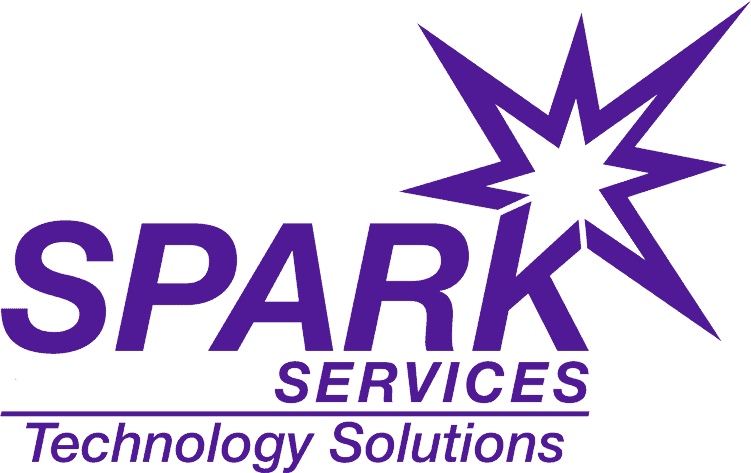
On-premises or cloud storage? What’s better for my organization?
No matter what industry you are working in, your business mainly relies on data for its daily operations. So while many established organizations are moving to the Cloud from on-premises storage options, a few new companies are also thinking about investing in on-premises storage.
Both have their unique advantages, but to choose the best option for your company, you need to understand the fundamental differences. In addition, you need to learn how they work with your business. Therefore, SPARK Services advises you to be fully aware of your business needs and the trade-offs of on-premises vs. cloud storage before you mark your choice.
A survey from 2020 showed some interesting figures:
- 41% of enterprise workloads would be running on public cloud platforms by the end of the year
- 22% prefer hybrid options, which is a mix of both cloud and on-premises
- The workload on on-premises storage was reduced from 37% to 27%
Here are seven things to keep in mind while making a decision!
Benefits of On-Premises Storage/Servers
-
Increased security
Many businesses are worried about data breaches. According to the Risk-Based Security report, the first two quarters of 2020 showed 36 billion cases of data breaches alone! However, on-premises storage servers make it hard for hackers to access your data.
-
Offline usage
An age-old benefit still prevails with on-premises storage; you can use and access your data without connecting to the internet. In addition, if you ever experience an unstable internet connection, on-premises storage saves you from reduced productivity or downtimes.
Disadvantages of On-Premises Storage
-
High maintenance costs
The cost of buying a server system and other necessary software and hardware can run in thousands of dollars. In addition, these costs don’t cover installation and service support.
-
Difficulty with scaling
On-premises storage needs to have your physical storage onsite, so scaling your business needs more planning. For example, if you require more storage space or opening a new establishment, you will need new hardware and have IT experts install a new system.
Benefits of Cloud Storage
-
Reduced expenses
Cloud storage makes you free from the burden of owning hardware. In addition, as your cloud storage takes care of data externally, you can stop any capital expenses that would have otherwise gone into other productive activities.
-
Customizable for your business needs
With on-premises storage, you will need new hardware to increase your storage space, which can be difficult in your growth and make server access difficult. But, with cloud storage, you can grow your business. If you need more storage in your plan, it will take only a few clicks, and you can keep your business running as usual.
-
Disadvantages of Cloud Storage
Cloud storage makes it hard to scale your data storage for business. Costs can spiral out of your control if you don’t control them properly. As Cloud is based on the internet only, you will need a continuous, stable, and faster internet connection 24X7! Even a minute of disconnection from the internet may cost you a few critical parts of the data (which can be recovered later).
If you are considering the most cost-effective and secure storage for your organization, SPARK Services suggests you consider these points before deciding.
Our enterprise data backup services are aimed at providing you with support round the clock and peace of mind that your data is secure while remaining accessible to your team. Want to know how? Contact us today to learn how the SPARK Services team can support your data storage needs.



